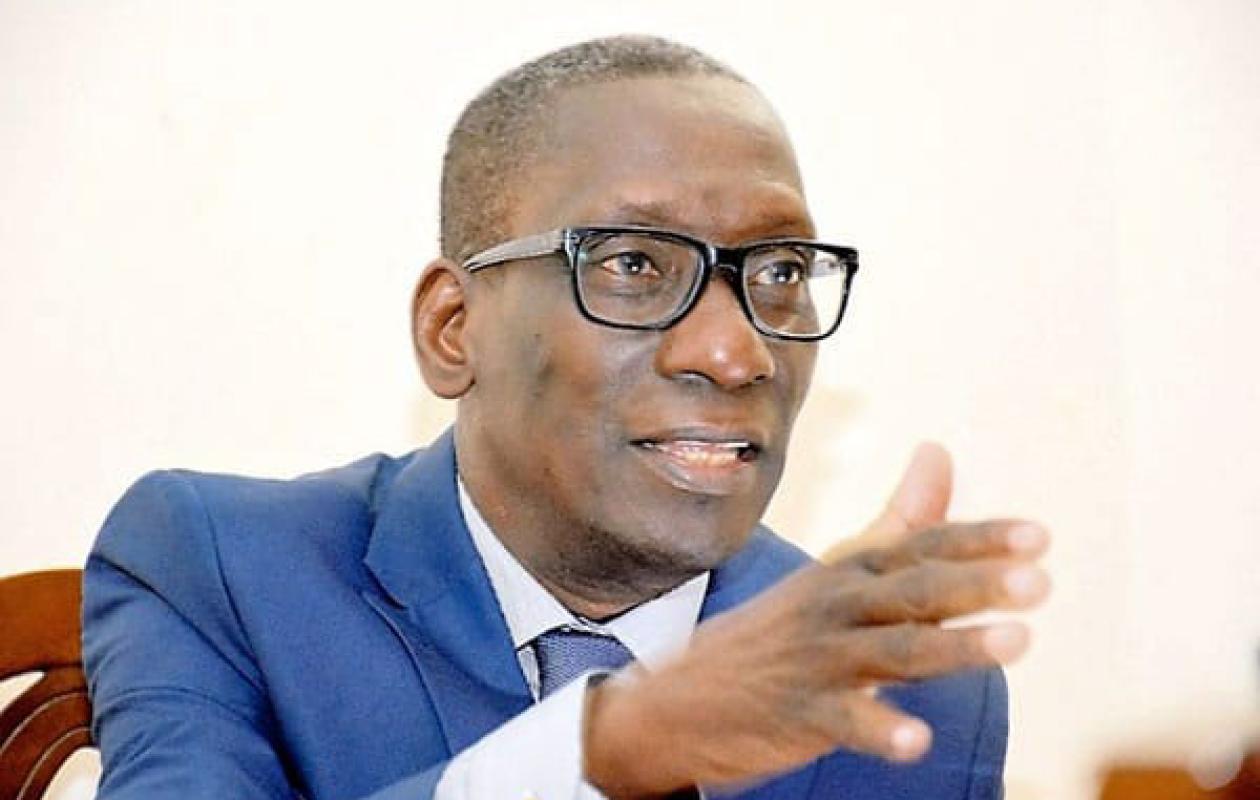
Sénégal : Mamadou Diop Decroix plaide pour des médias centrés sur les enjeux de développement
In a contribution sent to Seneweb, Mamadou Diop Decroix provides a critical analysis of the Senegalese media landscape and calls for a profound transformation of public communication to serve the country's development challenges.
The observation: the domination of news stories
The author makes a stark observation: the media, both Western and their African counterparts, overwhelmingly favor news stories, controversies, and scandals to the detriment of substantive debates on development. This global trend, he argues, distracts from the real issues and even threatens international stability.
For Senegal, this media mimicry poses a particular problem, he says. Unlike Western countries, where basic needs are generally met, the country faces existential challenges: regional insecurity, malnutrition, massive unemployment, and underemployment. In this context, Decroix insists, Senegal cannot afford to treat the media issue like the West.
The hidden debt controversy: a textbook case
The former MP illustrates his point with the controversy surrounding the hidden debt revealed by the new authorities. Jointly confirmed by the Court of Auditors and the IMF, this undeclared debt is estimated to be between $11 and $13 billion, according to sources, potentially double the amounts initially announced.
For Decroix, the media debate has focused on anecdotal and partisan aspects rather than on the essential: how to manage this situation and turn the economy around. He describes the ongoing controversy between old and new managers as sterile "political motivation," while responsibilities have been established and urgency demands action.
Public offerings and national priorities
Prime Minister Ousmane Sonko's intervention in Milan, launching a public appeal for savings to the diaspora, serves as a second example. Decroix welcomes this initiative, inspired by the Italian and Turkish experiences, but deplores the fact that the public debate has become bogged down in insignificant details (the arrangements for transporting participants to Milan) rather than focusing on the substance of the message.
"We don't discuss the economy, agriculture, education, or investment," the Prime Minister laments, quoted by Mamadou Diop Decroix. This refocusing of the public debate on development priorities constitutes, according to Decroix, a national imperative.
An urgent and participatory reform
The author's central proposition is clear: a thorough reform of the media is essential as part of the country's overall adjustment process. This transformation must be carried out in a participatory manner, with a redefinition of media codes and systems.
The leader of the left-wing And-Jëf/African Party for Democracy and Socialism (Aj/Pads) party calls for a "completely new media landscape" structured around a single dividing line: the defense and promotion of Senegal's fundamental interests.
Authorities must clarify their expectations of media actors, who will in turn express their own demands, thus creating a new perception of rights, duties, freedoms and responsibilities, he said.
A political and cultural struggle
Beyond the technical issue, the politician identifies a fundamental political, ideological, and cultural challenge. The success of development policies depends on the ability to convey essential messages to populations through explanation and mobilization work on the ground, he says.
Social media, as useful as it may be, cannot replace "the physical presence and human warmth that motivates and galvanizes."
Without victory on this communications front, warns Decroix, "fundamental concerns will not be brought to the attention of the population as they should be and this will impact the progress forward."
The contribution concludes on a decidedly optimistic note: "Turning difficulties into opportunities has been the path others have taken to be at the top of the world today. We can and we will, without a doubt!"
Commentaires (7)
Des vies politiques ratées
L’ère Wade les a tous carbonisés
Tous compromis
Participer à la Discussion
Règles de la communauté :
💡 Astuce : Utilisez des emojis depuis votre téléphone ou le module emoji ci-dessous. Cliquez sur GIF pour ajouter un GIF animé. Collez un lien X/Twitter ou TikTok pour l'afficher automatiquement.